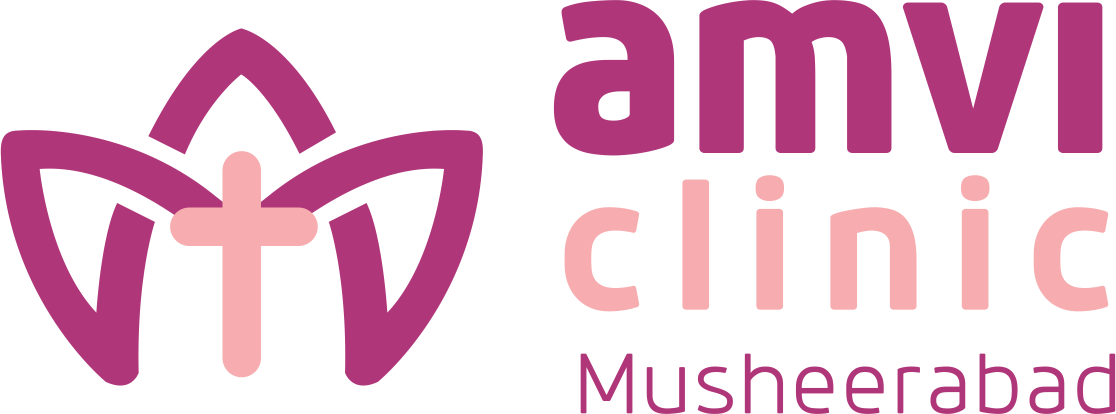Being informed about ovarian cyst symptoms and treatments is essential for women. Understanding these conditions helps in early detection and effective management. This guide explores symptoms, treatments, and the impact of these cysts on fertility and health. Let’s dive into a simple exploration of ovarian cyst concerns.
Decoding Ovarian Cysts: Facts and Misconceptions
Ovarian cysts are fluid-filled sacs forming on or inside an ovary. Often, they occur during childbearing years, associated with the menstrual cycle. But, they’re not always linked to serious health problems. Common myths include the belief that all cysts are harmful or must involve painful symptoms. Not true! Some women might not even know they have one.
Types of ovarian cysts vary. Functional cysts, the most common type, often disappear without requiring treatment. There are also pathologic cysts, which might not resolve on their own. Knowing these types helps demystify the condition.
It’s important to address misconceptions. Many women worry about a connection between ovarian cancer vs cyst. While rare, some cysts can become cancerous, but this is uncommon. Understanding true risks is crucial.
Why is this knowledge vital? Early awareness allows for self-monitoring, aiding in the recognition of potential issues. Misunderstandings might delay seeking help, risking complications. By being informed, women empower themselves to make educated decisions, ensuring prompt medical advice and care when needed.
Recognizing Symptoms and Knowing When to Seek Help
Ovarian cyst symptoms aren’t always obvious. Many women have no symptoms. But some common ones include:
- Pelvic pain during menstruation or intercourse.
- Abdominal discomfort or bloating.
- Changes in menstrual flow.
Recognizing when to seek medical advice is key. Symptoms like fever, faintness, or rapid breathing might signal something more serious. For instance, symptoms could suggest a ruptured cyst or ovarian torsion, both needing immediate doctor’s attention.
Routine check-ups are a proactive approach to health. They help catch cysts early and prevent complications. For women experiencing moderate symptoms, regular consultations are advisable.
Timeliness in seeking medical care can be the difference between a manageable condition and one that escalates. More severe symptoms could mean underlying issues that need addressing sooner rather than later. Always consult a healthcare professional if you’re uncertain about your symptoms.
Exploring Treatment Options: From Home Remedies to Surgery
Treatment for ovarian cysts depends on several factors. Occasionally, a “watchful waiting” approach is suitable for cases where cysts are symptom-free and likely to resolve independently.
For symptom relief, ovarian cyst pain management is often achieved with over-the-counter painkillers. Hot compresses can also provide comfort. Hormonal treatments, like birth control pills, may prevent the formation of new cysts.
When necessary, ovarian cyst surgery might be an option. Two surgical techniques are common:
- Laparoscopy: A minimally invasive procedure using small incisions.
- Laparotomy: Used for larger cysts or when a cancerous cyst is suspected.
The choice of treatment is personalized, influenced by factors like cyst size, location, and symptoms. Discussions with your healthcare provider can identify the best path forward.
Ovarian Cysts and Fertility: Myths, Facts, and Family Planning
The impact of ovarian cysts on fertility is a significant concern for many women. However, most cysts don’t interfere with the ability to conceive. It’s a myth that all cysts hinder pregnancy.
Understanding the context of ovarian cyst and pregnancy is important. Some cysts can cause complications, such as pain during pregnancy. Regular medical review ensures successful management, promoting healthy outcomes.
The challenge of distinguishing between ovarian cancer vs cyst results in anxiety for many. Yet, these conditions are separate, and most cysts aren’t cancerous.
For family planning, it’s essential to consult with healthcare professionals. Conversations about cyst management and pregnancy should be part of ongoing care, ensuring informed family planning decisions. Ultimately, informed discussions foster better family planning and peace of mind.
In Summary
Knowledge is power when it comes to these health concerns. Understanding ovarian cyst causes and symptoms, recognizing when to seek help, choosing appropriate ovarian cyst treatment options, and knowing the impact on fertility and pregnancy are critical. By staying informed, women can maintain control over their health, ensuring peace of mind and effective health management.
By staying informed and proactive, you can take charge of your reproductive health. For personalized guidance, comprehensive evaluations, and tailored treatment options, consult AMVI Clinic. Our expert team is here to help manage ovarian cysts, protect your fertility, and support your overall well-being. Schedule your consultation today and embrace a healthier future!

